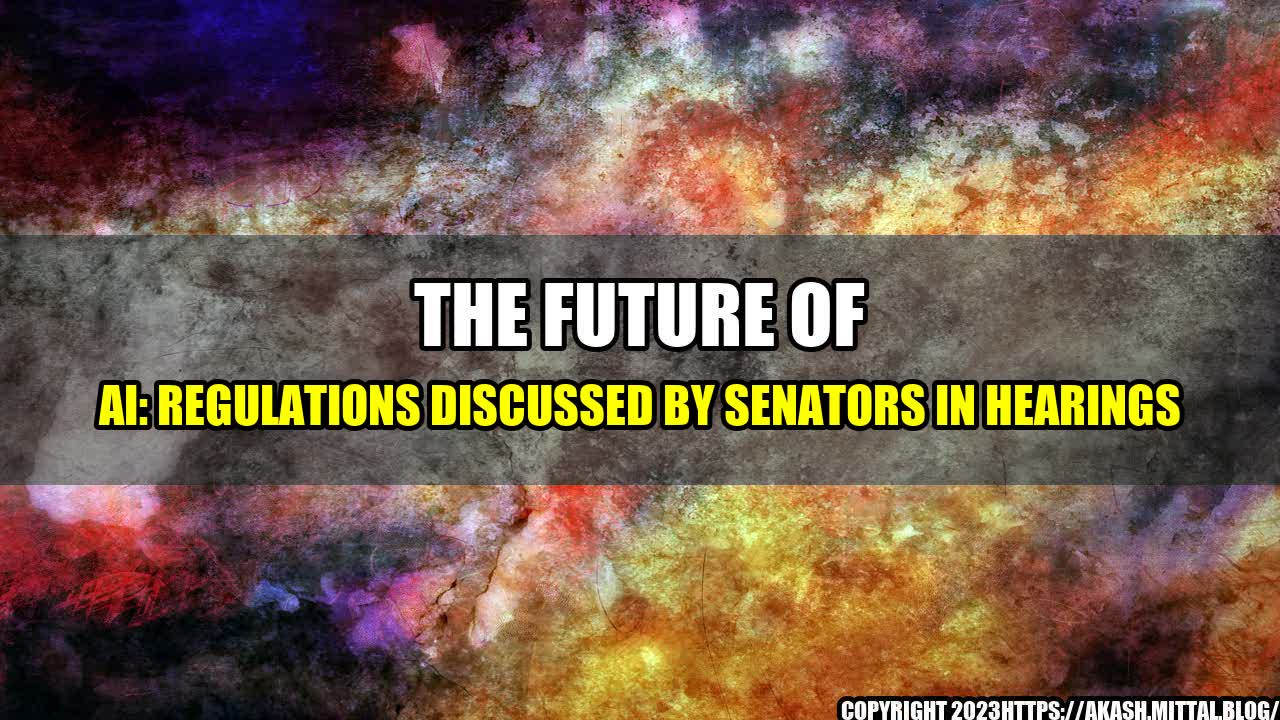Imagine a world where artificial intelligence (AI) can help doctors diagnose diseases more accurately, predict natural disasters before they happen, and even drive us around in self-driving cars. That's the future many experts envision with the advent of AI. However, as with any groundbreaking technology, AI also poses some potential risks that need to be addressed.
The Risks of AI
One of the main concerns about AI is its potential impact on jobs. According to a report by the World Economic Forum, by 2025, robots and automation could displace 75 million jobs worldwide.
"We need to make sure that AI doesn't lead to a future where there are only a few people who are lucky enough to have good jobs, while the rest struggle to get by."
Another concern is the potential bias that could exist in AI algorithms, which could perpetuate existing social inequalities. For example, a study by ProPublica found that a software used by courts in the US to predict which defendants are likely to reoffend was biased against African-American defendants.
These risks and others have prompted US Senators to explore regulations on AI, which is a relatively new and rapidly evolving technology.
The Hearings
In March 2021, members of the Senate Commerce Committee held a hearing titled "Driving America's Economic Recovery and Competitiveness: Exploring the Future of American Manufacturing." The hearing aimed to "examine the role of emerging technologies, such as artificial intelligence, robotics, and automation, in driving American manufacturing competitiveness."
During the hearing, Senators heard from experts in the field of AI, who discussed the potential benefits of the technology. For example, Dr. Melinda Galler, the VP of Technology and Innovation at Intel, spoke about how AI can help increase manufacturing efficiency, reduce waste, and improve quality control.
"By embracing AI, we can optimize our operations, enhance worker safety, and create new jobs."
However, the Senators also raised concerns about the potential risks associated with AI. Senator Maria Cantwell of Washington State asked Dr. Galler about the potential impact of AI on jobs, and how Intel was addressing this issue.
"What does Intel have planned in terms of helping retrain and re-skill American workers as AI becomes more and more a part of our future?"
Other Senators focused on the need for regulation of AI algorithms, to prevent bias and discrimination. Senator Richard Blumenthal of Connecticut asked the panel of experts about the need for "fairness, accuracy, and transparency in algorithms."
The Challenges in Regulating AI
While the Senators' concerns about AI are valid, regulating the technology is not an easy task. One of the challenges is the definition of AI itself. Some experts argue that AI is such a broad term that trying to regulate it all at once is impossible.
Another challenge is the speed at which AI is evolving. Regulations that may be appropriate today may not be appropriate in a year, given how fast AI is advancing.
Despite these challenges, experts agree that regulation of AI is necessary to ensure the technology is used in a way that benefits society as a whole.
Conclusion
As we prepare for the future of AI, it's important for lawmakers and regulators to consider both the potential risks and benefits of the technology. By holding hearings and exploring regulations, Senators are taking an important step in ensuring that AI is used in a way that benefits everyone.
- Regulating AI is challenging but necessary
- AI has the potential to benefit society, but also poses risks
- Transparency, accuracy, and fairness must be considered in the development and use of AI

Curated by Team Akash.Mittal.Blog
Share on Twitter Share on LinkedIn